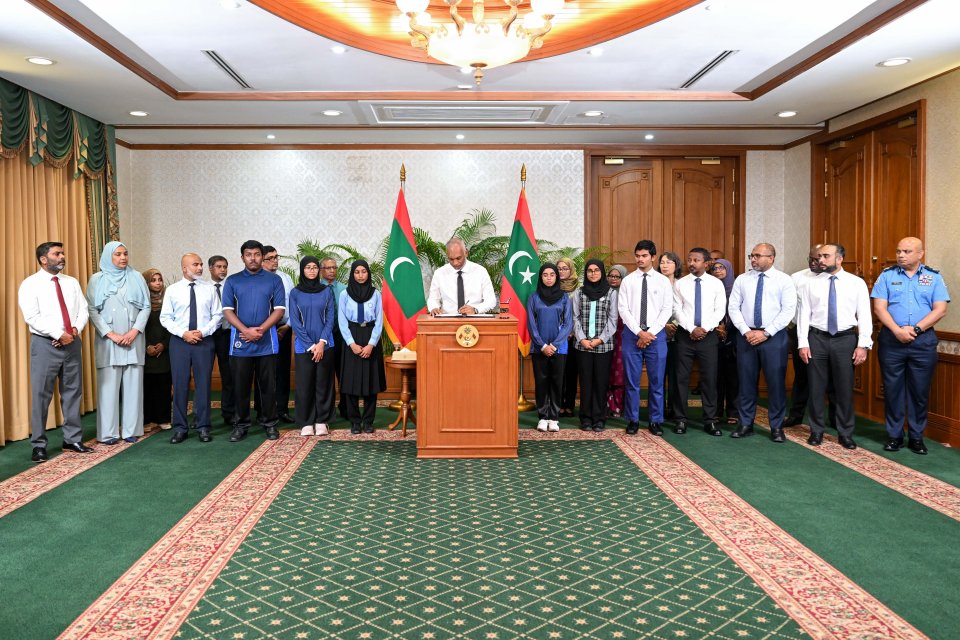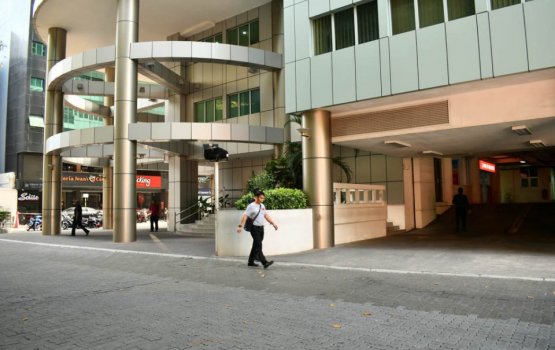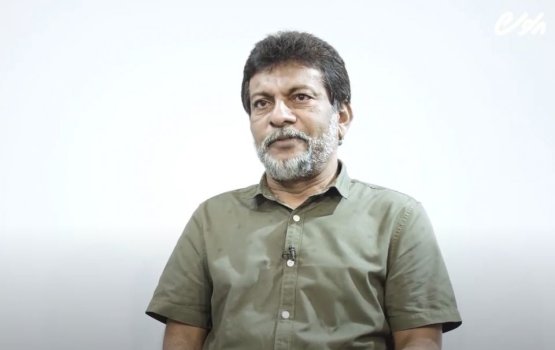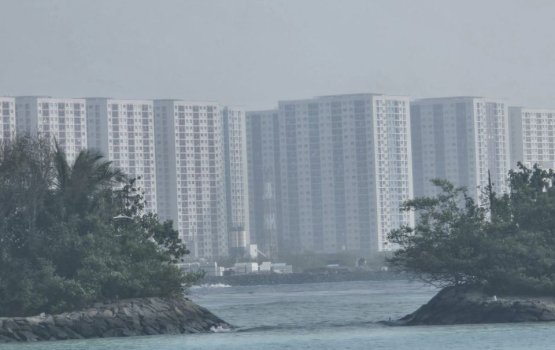The Maldives has made international headlines with the enforcement of a generational tobacco ban, which prohibits anyone born on or after 1 January 2007 from purchasing or using tobacco products. The law, effective 1 November 2025, applies to residents, expatriates, and tourists, positioning the Maldives as a global pioneer in preventive public health policy.
The move has been widely covered by leading global media outlets and has sparked discussions about the feasibility and implications of cohort-based tobacco restrictions worldwide.
Global Recognition and Media Coverage
- The Washington Post described it as “the first country to implement a comprehensive generational smoking ban.”
- Times of India emphasized that the law applies to tourists as well as residents.
- The Economic Times called it a “landmark public health move.”
- Euronews, CBS News, and AFP highlighted the Maldives’ innovative approach to youth tobacco prevention.
Public health experts note that the law could serve as a model for other small island nations and countries looking to implement preventive public health legislation.
Key Features of the Law
- Permanent ban for individuals born on or after 1 January 2007.
- Covers cigarettes, cigars, smokeless tobacco, e-cigarettes, and vaping devices.
- Retailers must verify the year of birth; violations carry fines and potential license revocation.
- Applies to all visitors, ensuring universal compliance across the Maldives.
By introducing a generational cutoff rather than a simple age restriction, the Maldives seeks to prevent nicotine initiation permanently rather than merely delaying first use.
Public Health and Socio-Economic Implications
Ministry of Health surveys indicate that nearly half of adolescents aged 13–15 have experimented with tobacco products, highlighting the urgency for preventive measures. The government argues that early intervention reduces long-term healthcare burdens and protects youth from lifelong addiction.
However, the ban intersects with Maldives’ tourism-dependent economy. With hundreds of thousands of visitors annually, ensuring compliance among tourists poses unique challenges. Authorities emphasize that awareness campaigns and coordination with resorts and retailers will minimize disruptions while maintaining enforcement.
Retailers are expected to implement age verification systems at points of sale, and the government has promised guidance and monitoring to ensure nationwide compliance.
Challenges and Opportunities
Analysts highlight both challenges and strategic opportunities:
Challenges:
- Enforcement across the dispersed island geography.
- Risk of black-market tobacco sales.
- Ensuring compliance among tourists unfamiliar with local laws.
- Social and cultural norms influencing youth behavior.
Opportunities:
- Establishing a tobacco-free generation.
- Stimulating growth in nicotine-free products and cessation aids.
- Positioning the Maldives as a global leader in preventive public health.
- Serving as a model for cohort-based tobacco policy in other countries.
Call-Out Box: What Tourists Need to Know
- Individuals born on or after 1 January 2007 cannot purchase or use tobacco.
- The ban includes cigarettes, cigars, smokeless tobacco, e-cigarettes, and vaping devices.
- Retailers may require ID or proof of birth year.
- Violating the law can result in fines or legal penalties.
- Visitors should comply fully to avoid enforcement issues.
As the Maldives steps into uncharted territory with this world-first generational tobacco ban, global observers will be closely watching its implementation and impact. Success could position the country not only as a leader in preventive public health, but also as a model for small island nations and other jurisdictions seeking innovative approaches to combat youth tobacco use. For the Maldives, the law represents a delicate balance between protecting future generations and maintaining its status as a top international tourist destination, with its outcomes likely to shape public health policies far beyond its shores.








